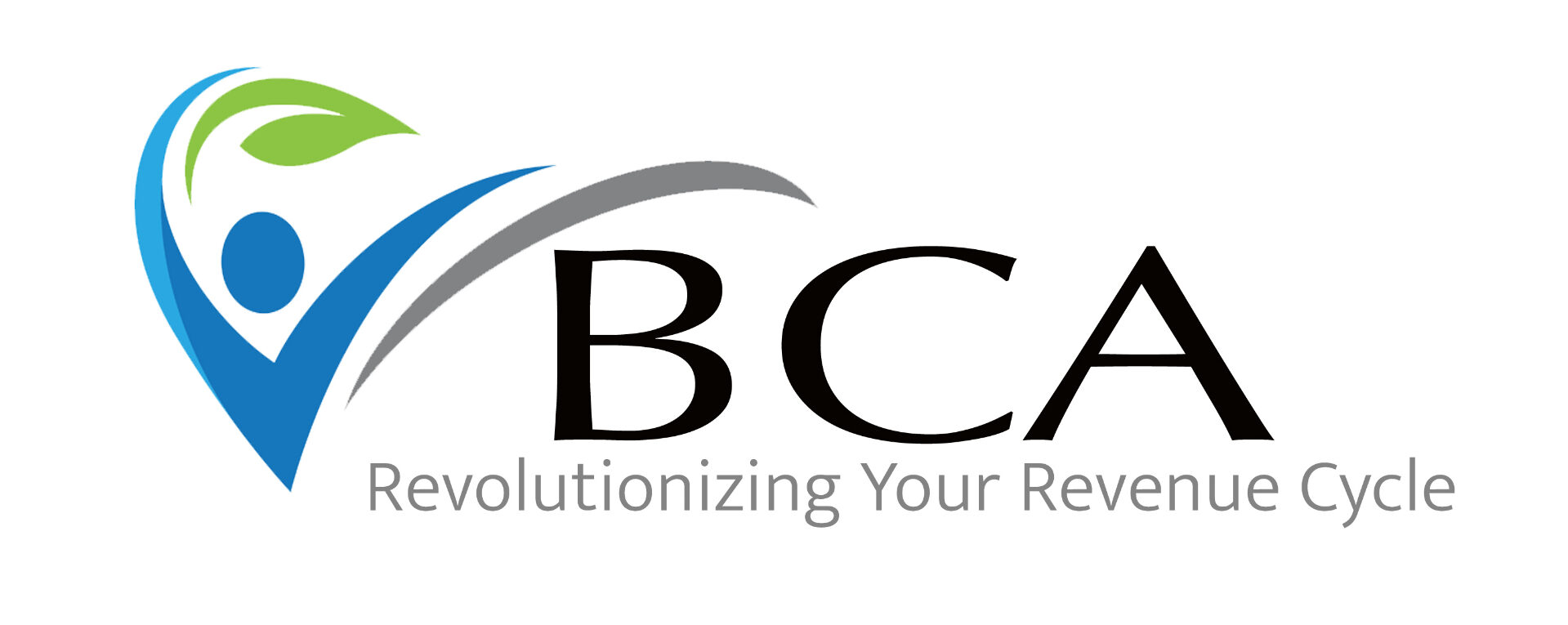Community Health Centers are navigating a perfect storm: Medicaid cuts, staffing challenges, and now the expiration of Medicare’s temporary telehealth waivers. What was once a seamless telehealth visit may now need to be rescheduled in person, potentially disrupting care and clinic revenue.
Telehealth Policy Changes
As of September 30, 2025, temporary Medicare telehealth waivers expired. Medicare has reverted to permanent policies, affecting patient location requirements, eligible services, and who can provide telehealth care.
Non-Behavioral Health Services
- FQHCs and RHCs can bill non-behavioral health telehealth services using HCPCS code G2025 through December 31, 2025.
- After that, services must meet permanent Medicare telehealth criteria.
Behavioral Health Services
- Patients can permanently receive behavioral/mental health telehealth in their homes.
- An in-person visit is required within six months of the initial service and annually thereafter.
- For FQHCs and RHCs, the in-person requirement for home-based mental health telehealth begins January 1, 2026.
What Clinics Should Do
- Review Appointments – Ensure each telehealth visit meets permanent Medicare rules.
- Communicate with Patients – Explain potential in-person visits or delays.
- Document Carefully – Use Advance Beneficiary Notices (ABNs) for services that may fall outside coverage.
- Monitor Updates – Stay informed about Congressional or CMS changes that could affect telehealth access.
Proactive planning is critical. Clear patient communication, careful scheduling, and compliance checks help minimize disruptions, protect revenue, and maintain access to care.
At BCA, we guide clinics through telehealth policy changes with practical, compliance-focused support. Through audits, education, and consulting, we ensure your telehealth operations remain accurate, reimbursable, and patient-centered.

